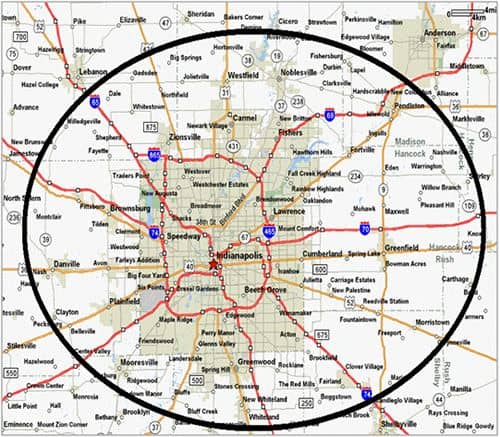Drywall FAQS
Frequently Asked Questions
What is Drywall?
Drywall is a construction material made from thin panels of gypsum board. It is used to construct walls and ceilings in residential and commercial structures. Drywall is also called wallboard, gypsum board, and plasterboard. It is called “drywall” because water is not required to use it for wall and ceiling construction.
What is Gypsum Board?
Gypsum comes from the Greek term, “gypsos”, meaning plaster. It is a naturally-occurring mineral found in sedimentary rock formations. It contains large amounts of water bound in crystalline form, making it less prone to combustion. Gypsum board is a generic term used to describe a family of panel-type products that retain a non-combustible core. These boards are layered with gypsum rock and specialty paper material.
When Was Drywall Invented?
Drywall was first introduced to the market in 1916 after being invented by the U.C. Gypsum Company (USG). Back then, drywall went by the term, “Sackett Board” named after a USG subsidiary called the Sackett Plaster Company. It started off as small, fireproof tiles, and after ten years, eventually transitioned into the product we know today as drywall. By 1945, it was one of the dominant building materials in our country.
What is Chinese Drywall?
Chinese drywall is a term used to reference an environmental health situation involving defective drywall material manufactured in China and imported to the United States in 2001. Laboratory testing revealed that the defective drywall emitted sulfurous gasses, including carbon disulfide, carbonyl sulfide, and hydrogen sulfide.
Is Chinese Drywall Dangerous?
The U.S. Consumer Product Safety Commission (CPSC) and the Environmental Protection Agency (EPA) began investigating the effects of Chinese drywall in 2009, and concluded that there are short-term health implications from exposure, including respiratory problems, asthma irritations, sore throats, chronic headaches, and more. Long-term exposure can have health implications like chronic fatigue, nausea, loss of appetite, dizziness, and more.
What are the Advantages of Drywall Construction?
Drywall, or gypsum board, is beneficial for several reasons. It is fire-resistant, economical, versatile, durable, noise-mitigating, easily decorated and painted, easy to repair and replace, and much more!
Where Does Gypsum Come From?
Gypsum, as mentioned earlier, is found in naturally-occurring crystalline formations in sedimentary rock. To acquire it, gypsum must be mined. Millions of tons of gypsum are mined every year in North America, and most of it is to manufacture drywall products.
Can I Install Drywall Myself?
If you are familiar with drywall work, and you feel comfortable taking on a project, it is possible to hang and finish drywall yourself. However, it is recommended to stick to small projects, like patching holes, and leave the larger projects to a trained team of professionals. When it comes to increasing the value of your home, you want to be sure every precaution is taken when installing new drywall. For this reason, it is best to outsource professional drywall services rather than take on a drywall project on your own.
Areas We Service

-
Address: 5716 N. College Ave. Indianapolis, IN 46220
Phone: 317-269-7319
Click Here
-
Monday: 8-6
Tuesday: 8-6
Wednesday: 8-6
Thursday: 8-6
Friday: 8-6

